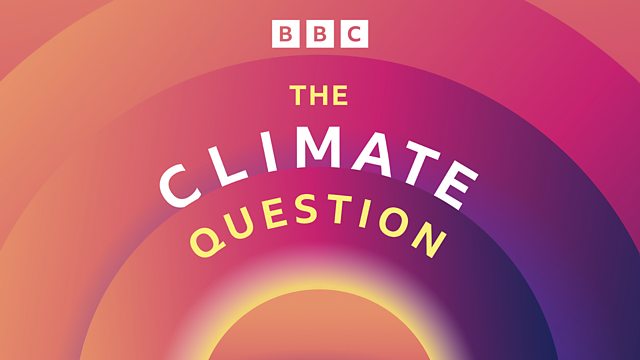Who wins in the electric vehicles transition?
Hungary's second city, Debrecen, is becoming a hub for EV batteries - the key component in the cars of the future. Are local people feeling the benefits? Jordan Dunbar reports
Across the world vehicle manufacturers are racing to make zero emission cars in the move away from fossil-fuel powered vehicles. It’s a huge market which could reach 9 trillion dollars worldwide by 2030. One small country which is grabbing this opportunity is Hungary. Located in the heart of Europe but with a population of under 10 million, it’s becoming one of the top battery producers globally for electric cars.
This transition is bringing billions of euros of investment into the Hungarian economy and creating tens of thousands of jobs. One city in particular – Debrecen – the country’s second biggest, is becoming an epi-centre for battery production. The Climate Question’s Jordan Dunbar has been to Debrecen to find out who’s benefitting from the green gold rush. He speaks to local people and businesses about their hopes and fears as their city is transformed.
Presenter: Jordan Dunbar
Producers in Hungary: Ellie House and Balint Bardi
Producer in London: Caroline Bayley
Sound Designer: Tom Brignell
Editor: Simon Watts
If you have a question, email us at the climatequestion@bbc.com or leave a WhatsApp message at +44 8000 321 721
Last on
Featured
-
.
Broadcasts
- Last Sunday 14:06GMT91�ȱ� World Service except East and Southern Africa, News Internet & West and Central Africa
 Last Sunday 14:32GMTLive News
Last Sunday 14:32GMTLive News- Last Sunday 14:32GMT91�ȱ� World Service News Internet
- Last Sunday 23:06GMT91�ȱ� World Service
- Wednesday 02:32GMT91�ȱ� World Service
- Wednesday 09:32GMT91�ȱ� World Service
- Wednesday 20:06GMT91�ȱ� World Service Online, Americas and the Caribbean, UK DAB/Freeview & Europe and the Middle East only
- Wednesday 21:06GMT91�ȱ� World Service except Online, Americas and the Caribbean, Europe and the Middle East & UK DAB/Freeview
Podcast
-
![]()
The Climate Question
Why we find it so hard to save our own planet, and how we might change that.


